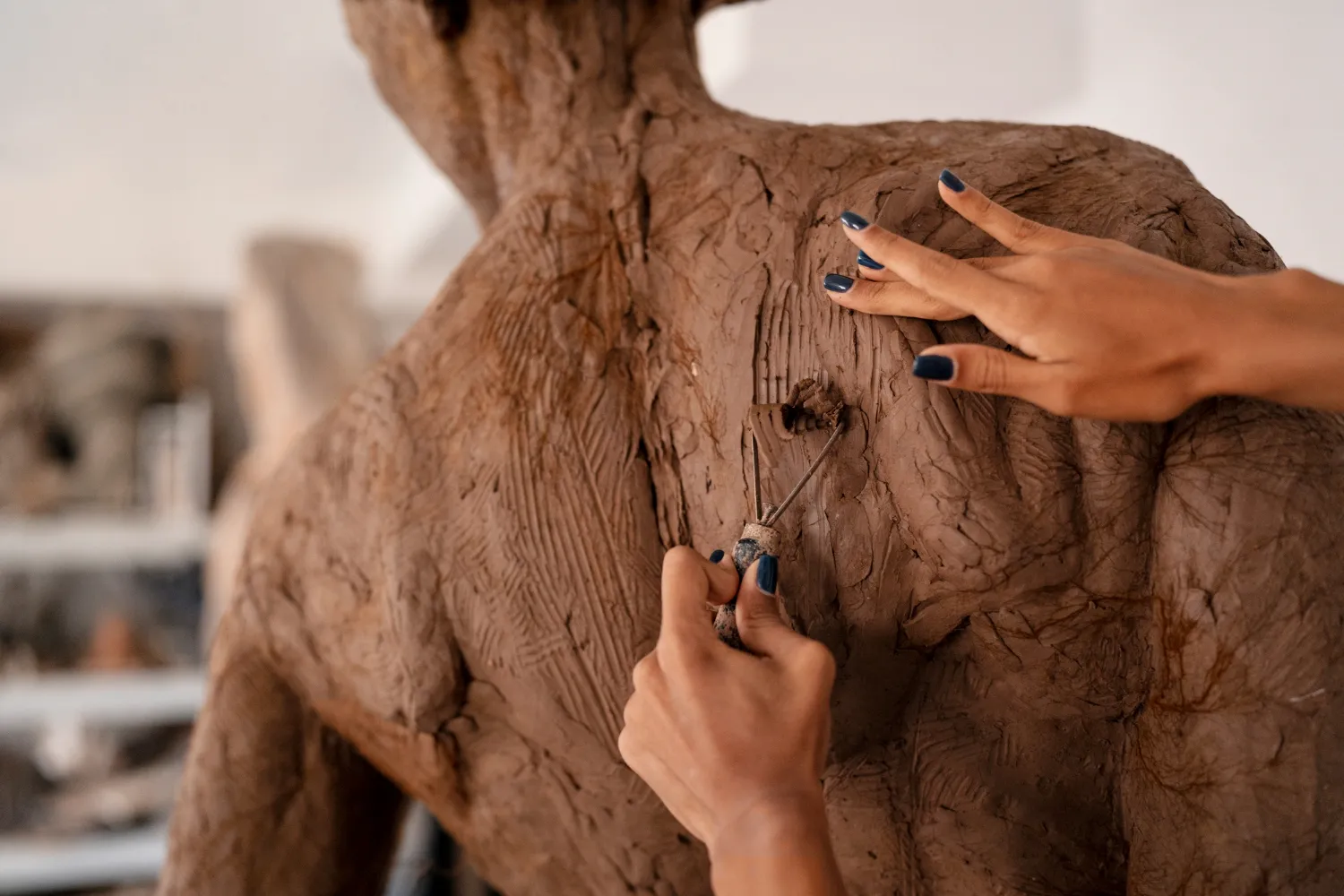12 Steps Addiction Recovery: Step 3 – Embracing Faith and Overcoming Shame

The 12-step addiction recovery process is a structured approach to help individuals overcome addiction. This month, Mwangaza Wa Sunday, your Addiction Recovery & Mental Health Support platform, focuses on Step Three.
Step One: Admitting Powerlessness and Unmanageability. The first step involves admitting powerlessness over addiction and recognizing that life has become unmanageable. This step is crucial for overcoming denial and accepting the need for help. We covered this in great detail back in June, 2024.
Step Two: Belief in a Higher Power. Step Two, individuals come to believe that a power greater than themselves can restore sanity. This step provides hope and opens the door to recovery, encouraging those who have lost their faith or do not believe in spirituality to find a source of strength and guidance.
Step Three: Turning Over to a Higher Power
Step Three builds on the foundation of the first two steps. It involves making a decision to turn one’s will and life over to the care of a higher power, as understood by the individual. This step highlights the importance of faith and trust in the recovery process.
A Real-Life Example: Irene Rollins’ Story
Irene Rollins, an American pastor featured on the Tamron Hall Show, provides a powerful example of Step Three. In her book “Reframe Your Shame,” she shares her journey of overcoming alcoholism. With the unwavering support of her family, she entered rehab, and on the 38th day in rehab, she finally admitted her problem (step one), marking a pivotal moment in her recovery. Rollins’ story highlights the shame many feel before seeking help and the transformative power of honesty and support as a result of steps two and three.
Watch the Tamron Hall Show featuring Irene Rollins here:
My Personal Journey
On my 14th day in rehab, I was surprised to discover that a support staff member I liked was also a pastor who, unbeknownst to me, had been coming to pray and listen to recovering addicts at the facility. I attended his sermon, and this encounter was the beginning of reigniting my faith and provided the spiritual foundation I needed to begin addressing my addiction and my rehabilitation.
The combination of grief counseling, treatment for insomnia, therapy for anxiety, depression, and ADHD, along with physical fitness and church attendance, played a crucial role in my healing process. Rebuilding my body. Reorganising my brain. Reigniting my faith was the complementary aspect of my recovery.
Expanding Our Understanding of Addiction
Addiction affects individuals from all walks of life and across all professions. By sharing our stories and normalizing conversations about addiction and mental health, we can create a more compassionate community. Notable books like “Dry” by Augusten Burroughs and “Blackout” by Sarah Hepola illustrate the pervasive nature of addiction across professions.
Call to Action
To all the functional addicts out there: We must be proactive in addressing addiction and mental health. By raising awareness and advocating for recovery, we can prevent others from reaching crisis points. Let’s create a resilient and empathetic community that supports individuals on their recovery journeys.
Like Irene’s faithful husband and family, let us not give up on our families, friends, and colleagues who are struggling with addiction and mental illness. Seek help yourself as a caregiver to be able to help the addict you care about.
For more resources and support, follow us on social media:
Instagram: @mwangaza__wa_sunday
LinkedIn: Mwangaza wa Sunday
Facebook: Mwangaza wa Sunday
Medium: Mwangaza wa Sunday
Join our WhatsApp community here: Mwangaza wa Sunday on WhatsApp
Our mission at Mwangaza Wa Sunday is to provide resources for those struggling with mental health and addiction. We collaborate with professionals to offer psychosocial support and education.
Conclusion
Step Three of the 12-step process invites individuals to embrace faith, trust in a higher power, and overcome the shame associated with addiction. By sharing our stories and supporting one another, we can create a community where recovery is possible.









